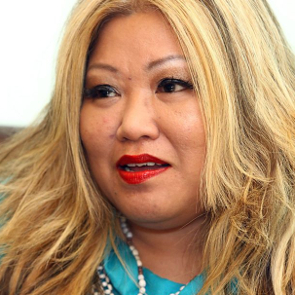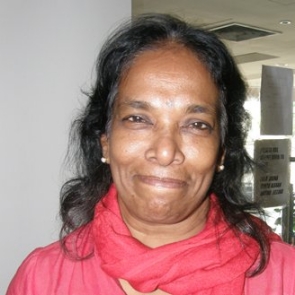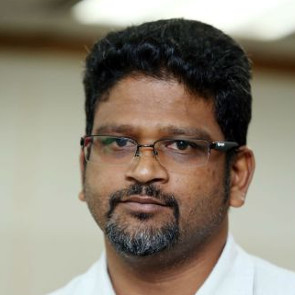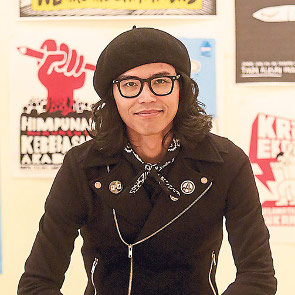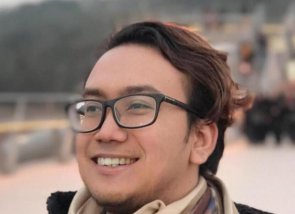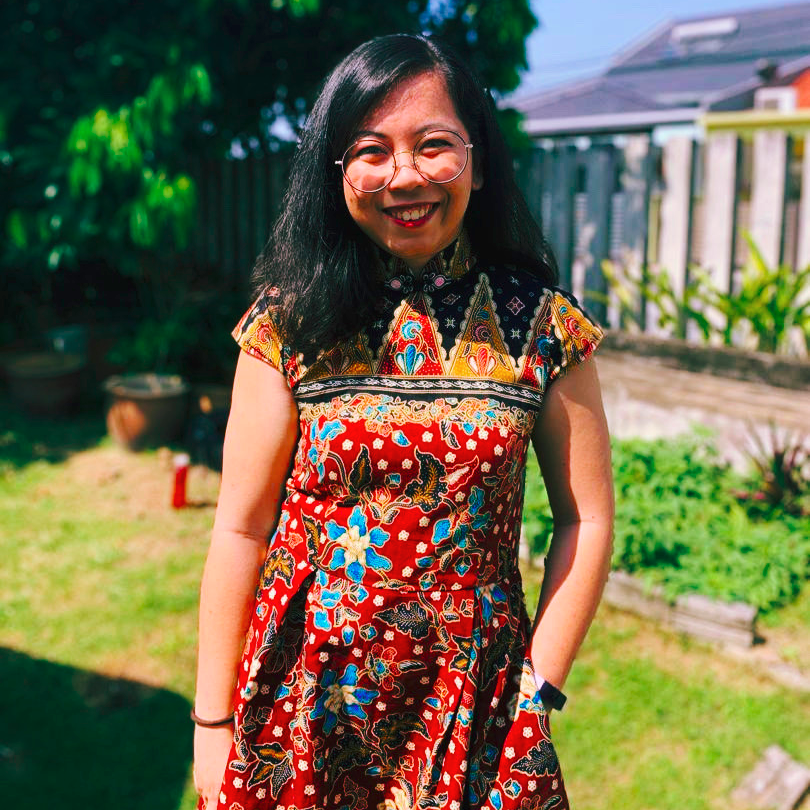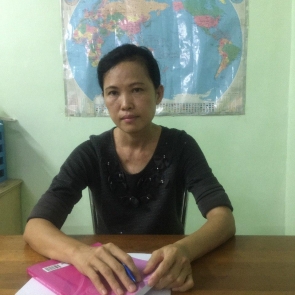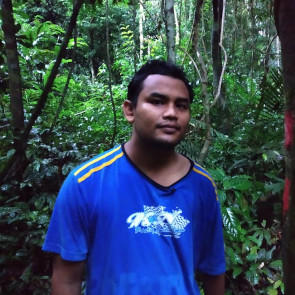#Malaysia
#Malaysia
In Malaysia, the country's monolithic Barisan Nasional has ruled for 60 years. Prime Minister Najib Razak’s rise to power was characterized by an increased repression of civil society and human rights defenders and a lockdown on public debate. Authorities intensified their crackdown on anti-corruption protesters in the wake of embezzlement allegations involving top politicians. Authorities have also used censorship legislation to silence debate on human rights issues. As of October 2017, the government has yet to accept requests by the UN Special Rapporteur on the situation of human rights defenders to visit the country.
Human rights defenders in Malaysia face judicial harassment, arbitrary arrest, threats, intimidation and smear campaigns. HRDs active against corruption, calling for electoral reform and free and fair election, such as members of the Bersih 2.0 movement, are particularly vulnerable and can be targeted for participating in peaceful protests. LGBTI rights defenders also face widespread discrimination and harassment.
Restrictive laws such as the Communications and Multimedia Act continue to be used to silence government critics, who are harassed, intimidated and often detained. Malaysian authorities have cast a wide net of repression in their use of the 1948 Sedition Act, targeting a range of individuals including human rights activists, journalists, lawyers and artists with arrest and prosecution. A 2015 amendment to the Act added criticism of religion to the list of sedition offences and brought electronic media and sharing on social media under the Act. Although the notorious Internal Security Act (ISA) was repealed in 2012, the same provisions of preventive detention were brought back with the Security Offences Special Measures Act (SOSMA). The Prevention of Terrorism Act enables the authorities to detain terror suspects without trial for a period of two years. Freedoms of assembly and association are limited on the grounds of maintaining security and public order, with the 2012 Peaceful Assembly Act banning street protests and giving absolute powers to the police. The 2016 National Security Act grants the authorities the power to carry out warrantless arrests, search and seize property, and impose curfews at will.

